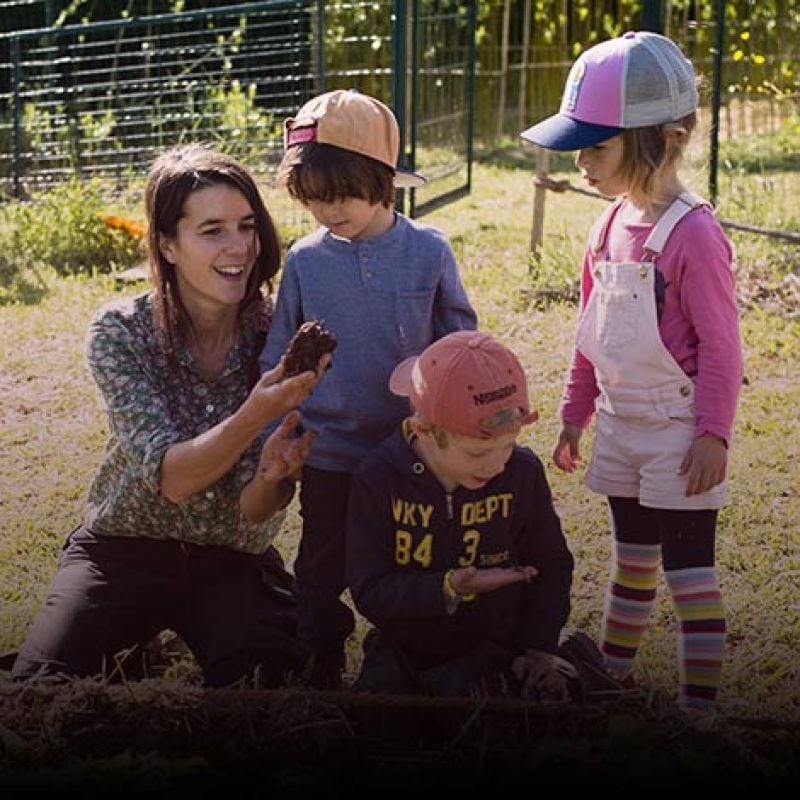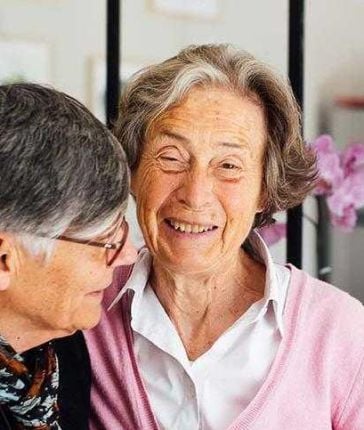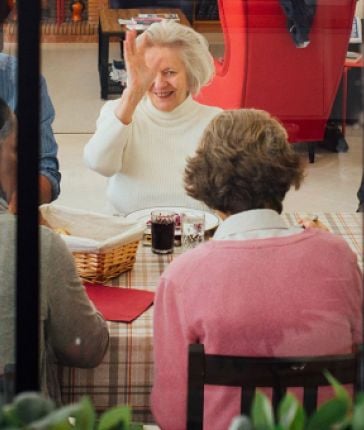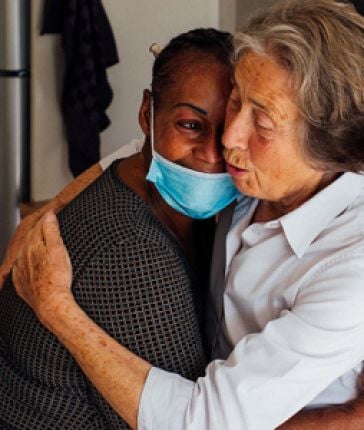The pandemic is taking a heavy toll on the elderly. The need to protect them translated for many into increased isolation, less mobility and freedom, not to mention anxiety linked to the disease. Some of them suffered from being truly de-socialized, and from new or more severe mental health issues.
Healthcare workers and carers on the front line to protect the elderly
During the pandemic, the professionals in healthcare and medical-social institutions have had to face taking emergency decisions and address ethical issues, with no real answers, especially when dealing with deaths. At the same time, the resilience of carers looking after elderly people was severely challenged and periods of respite were very necessary.
Crisis aside, the system needs a rethink
The pandemic highlights the faults in a system that struggles to support each stage in life. The challenge is to find the right balance between safety on the one hand, social life on the other … while being mindful of every individual’s free will. Moving from “your own home” to a care home is not satisfactory. Alternative housing patterns need to be thought through to ensure that independence can be preserved, as well as social interactions in a secure environment. An overhaul of the institutions caring for elderly with fading independence is also required.
Four action themes
In order to meet these needs, Fondation de France has temporarily suspended calls for projects. That way it can adjust its work to support projects addressing the following various problems linked to the pandemic:
- the relief of mental suffering in elderly people, their families and carers;
- better support for end of life and the grieving process;
- more respite for carers and those cared for;
- the structure of tomorrow’s EHPADs (French acronym for care homes) and their alternatives.
The following call for projects, “Making choices, right to the end” and “Growing older as stakeholder and citizen” focus on current and future issues.






